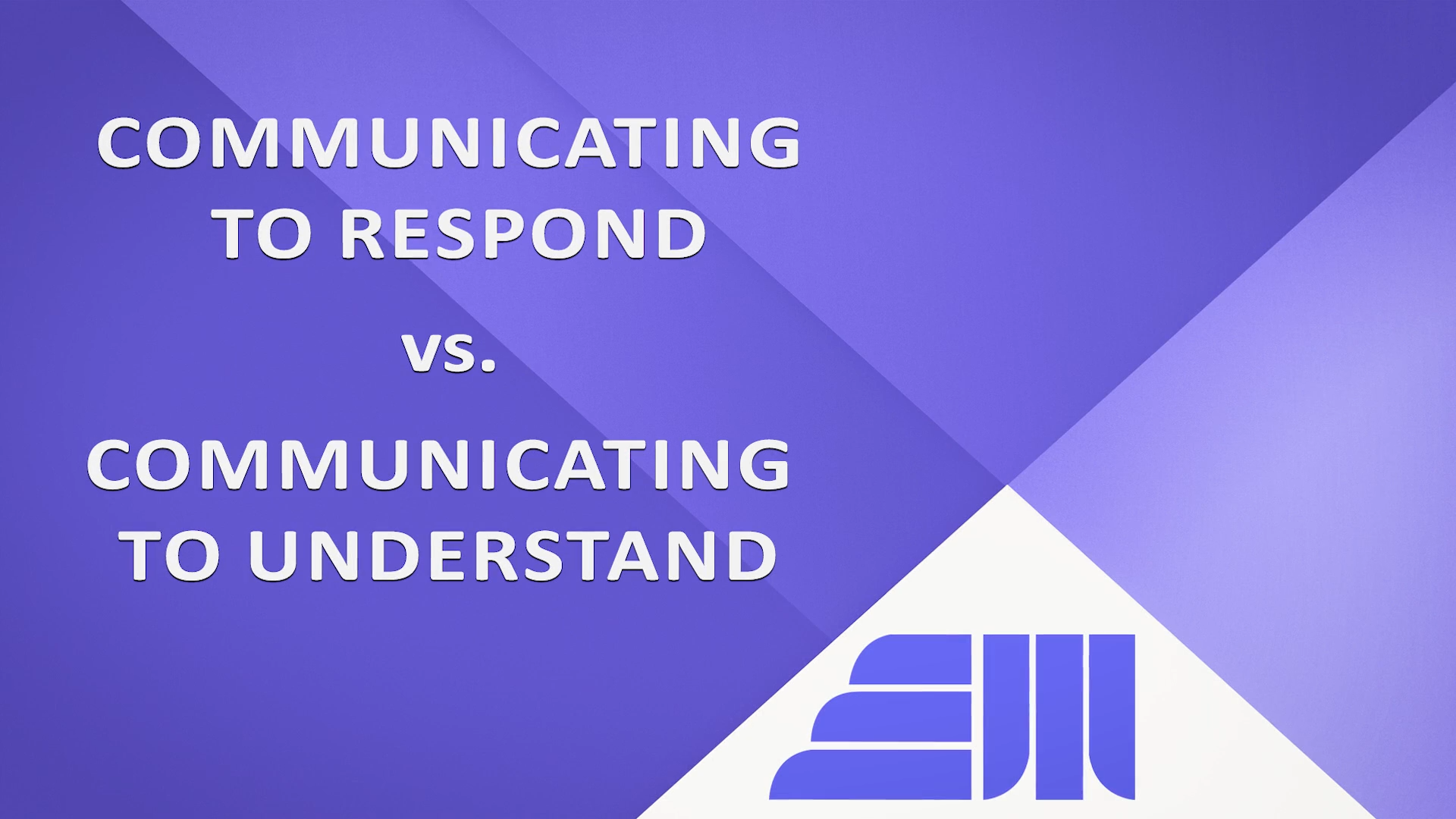
Distinguish Your Leadership with the Combination of Passion and Compassion
Being a passionate leader is no longer enough. Great leaders balance fire with empathy, drive with discernment, and urgency with understanding...

Founder
By Gerald Parsons • Feb 4, 2021
Let’s be honest here: Change affects us all differently. When things change around us it can cause us to be uncertain and to feel unstable in our thinking and in our relationships. But change, when it is not discussed openly especially within an organization, can cause trust to erode. Creating the trusted advisor role is more important now than ever.
Irrespective of age, position, or even experience, all employees want to be understood and heard when change is happening around them. Create an environment that allows for open discussions around changing strategies, plans, and dialogues. Let people in on the company planning for the future. Ask for their feedback and take it in to consideration as a leader who may be leading a team or an entire company.
This is especially true of millennials and Gen Z employees; they don’t just go along to get along. Gen Zers need to understand why you are implementing a new policy or revising procedures. Millennials need to understand why and how it will benefit the organization and community. It is easy to think millennials are more aligned to change and adaptation, but the truth is, the struggle with change is not confined to one generation. They just tend to deal with it better. The younger generations are less likely to stay in the same place for two or three decades. They often seek out personal growth, and if they do not feel they are advancing in the company, they will likely be susceptible to poaching by competitors.

Being a passionate leader is no longer enough. Great leaders balance fire with empathy, drive with discernment, and urgency with understanding...

Founder

When communication breaks down, so does trust. And when trust disappears, so does engagement, performance, and retention...

Founder

In todays rapidly evolving business landscape, organizations are increasingly recognizing that their most valuable asset isn't their technology, infrastructure, or even their intellectual property—it's their human capital.

Founder